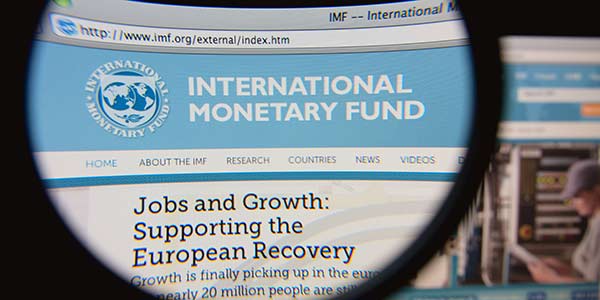Choosing the right lender to suit your borrowing needs isn’t always a straightforward decision. Both come with their pros and cons that depend heavily on your individual circumstances. When it comes to private lenders vs banks, you need to do your research and understand what each one offers before making a decision. Here is everything you need to know when it comes to private lenders vs banks.
Private Lenders vs Banks
What is the difference when it comes to private lenders vs banks?
Private lenders don’t hold a banking license. They are typically referred to as non-bank lenders and are known for being more flexible than banks with their lending terms. They are more likely to offer a loan to those who have been turned down from a bank, and generally consider a borrower’s history.
It’s important to note that contrary to popular belief, private lenders have to abide by the same laws, regulations and rules as banks. This means when you are choosing between private lender vs bank, you are protected in both scenarios.
Banks on the other hand are also known as traditional lenders. They tend to be the go-to for most people and are considered the more reliable of the two. Of course, this isn’t necessarily true, knowing that all lenders are held to the same regulations.
The loan process is generally fairly straight forward, but it does rely on a lot of conditions and doesn’t offer nearly as much flexibility as a private lender. They quite often turn borrowers down based on their credit score and don’t consider their personal situation in the process of application. Their rules are a lot more rigid.
Private Lenders vs Banks: Pros and Cons
When looking at private lenders vs banks, it’s important to consider the pros and cons of each.
Private lenders
Pros:
- They offer competitive rates and more convenient loan offers.
- Often they come with low setup costs.
- The criteria are more flexible. If you are in a position of bad credit, then a private lender could be the right option for you.
- They consider your personal needs.
- Private lenders often provide a better, more personal customer service.
Cons:
- You need to do your homework: there are a lot of private lenders out there that aren’t trustworthy. You need to shop around and make sure you make the right choice.
- Private lenders tend to be more vulnerable to changing economic conditions. This can make them a little less stable if a crisis hits.

Banks
Pros:
- Bank loans often come with a lower interest rate.
- Banks are much more stable should an economic crisis arise.
Cons
- They generally have less flexibility when offering a loan.
- Banks also have stiff regulations and rely heavily on your credit score.
So, which one is better when it comes to private lenders vs banks? Ultimately, it comes down to you and your individual circumstances. It also depends on what type of loan you are taking out. From mortgages through to personal loans.
Taking Out A Loan
The loan process is quite similar between private lenders and banks:
- All applications made will require supporting documents.
- There will be qualification guidelines that you can read ahead of applying.
- You can enter into a negotiation with the lender.
- Loan contracts are drawn up.

Low Credit Score
One of the main differences between banks and private lenders is the impact your credit score has on whether or not you can take out a loan. A low credit score doesn’t make you a bad borrower. Life is unexpected and bills can crop up all the time, from finding yourself in a car accident to hail damaging your car. There are some things that are simply out of your control.
The difference is, a bank won’t consider these circumstances. They will see a number and make a decision based on this. On the other hand, private lenders have a lot more flexibility. They will consider your individual circumstances and can tailor a loan to suit your needs. This presents a lot more freedom when taking out a loan.
Your Loan
At the end of the day, both banks and private lenders come with their advantages and disadvantages. If you find yourself in a position of bad credit and unable to take out a bank loan, then the flexibility of a private lender could be well worth it. They will look at your individual circumstances and tailor a loan to your needs. It opens up more avenues when it comes to taking out a loan and offers a more personalised experience.
If you are looking to take out a loan, then speak to the experts at the Australian Lending Centre. We are here to find the right loan for you.













